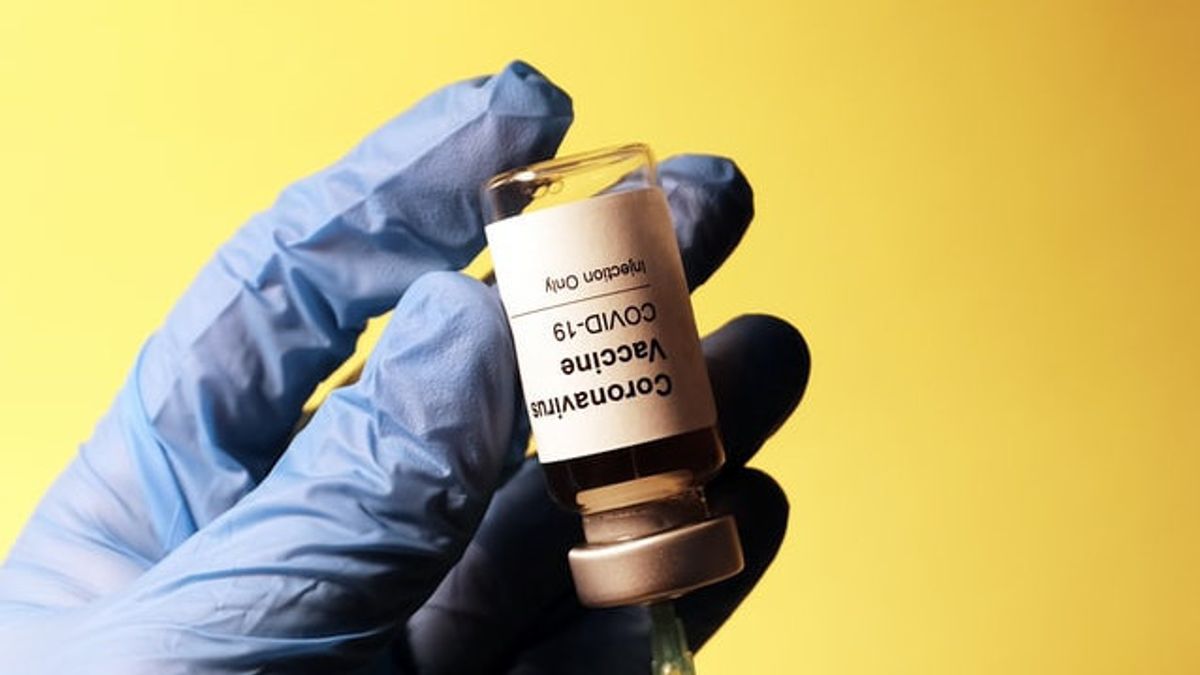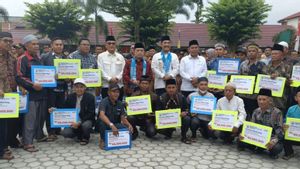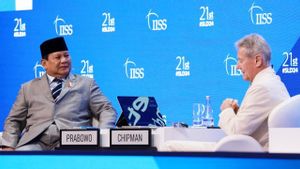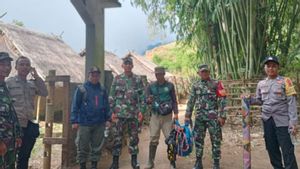JAKARTA - Member of the House of Representatives Commission IX Nur Yasin assessed that research on the types of Indonesian vaccines should be fought because currently only three countries in the world, namely Indonesia, America and China are doing it.
According to him, all parties, especially the government, must support the ongoing clinical trial process for Nusantara vaccines.
"This type of Indonesian vaccine is only studied by three countries in the world, namely Indonesia, America and China. It should be supported, and we will continue to speak up in Commission IX, "said Nur Yasin at the Parliament Complex, Senayan, Jakarta, Thursday, March 18.
In fact, Nur Yasin revealed, nine people in Commission IX of the DPR had registered to become volunteers for the second phase of the Nusantara vaccine clinical trial, if the Food and Drug Supervisory Agency (BPOM) had provided clinical trial recommendations.
"When phase one is finished and enters phase two, we will become volunteers," he said.
However, Nur Yasin admitted that there were weaknesses in the vaccine which was initiated by the former Minister of Health, dr. Terawan Agus Putranto. Namely too late to participate in the vaccination process.
"COVID-19 is moving on, I hope this should be done soon. Indeed, this archipelago vaccine has its pluses and minuses if the contest is now a bit slow for vaccination, but scientifically this is necessary. For the wealth of knowledge about vaccines in Indonesia is very feasible, "he explained.
In addition, Nur Yasin added, until now Commission IX of the DPR has not received the results of the phase one clinical trial from the BPOM.
"For the results of the first phase clinical trial of the Nusantara Vaccine, the DPR has not received it because it is waiting for a recommendation from the BPOM for the first phase of testing. That was three days ago, but it must be known that Covid is moving on who knows, "he said.
It is known that Vaksin Nusantara has conducted the first phase of clinical trials. Dr. Kariadi Semarang Hospital Research Team, Dr. Dr. Muchlis Achsan, explained that there were no serious side effects.
In the phase 1 clinical trial, there were 3 pilots and 28 unblinded subjects.
The results that were assessed were in the form of safety or security, including seeing the incidence of side effects and the efficacy or protection benefits and the results of immunity.
In terms of safety, it was reported that 14.2 percent of subjects experienced mild local symptoms such as local pain, redness, swelling, and itching at the injection point. They get better without medication or treatment.
Meanwhile, 39.2 percent of subjects experienced mild systemic reactions. In the first 24 hours, the most complaints were joint pain and headaches. Approximately 65.6 percent of participants also experienced mild complaints.
"There were no serious adverse events found in all vaccination objects," said Dr. Muchlis in the DPR Commission IX meeting on Wednesday, March 10.
In terms of immunogeneity or efficacy, a consistent increase was seen across all examination panels.
"In our opinion, it is necessary to continue with phase 2 clinical trials with larger subjects," he explained.
The English, Chinese, Japanese, Arabic, and French versions are automatically generated by the AI. So there may still be inaccuracies in translating, please always see Indonesian as our main language. (system supported by DigitalSiber.id)













